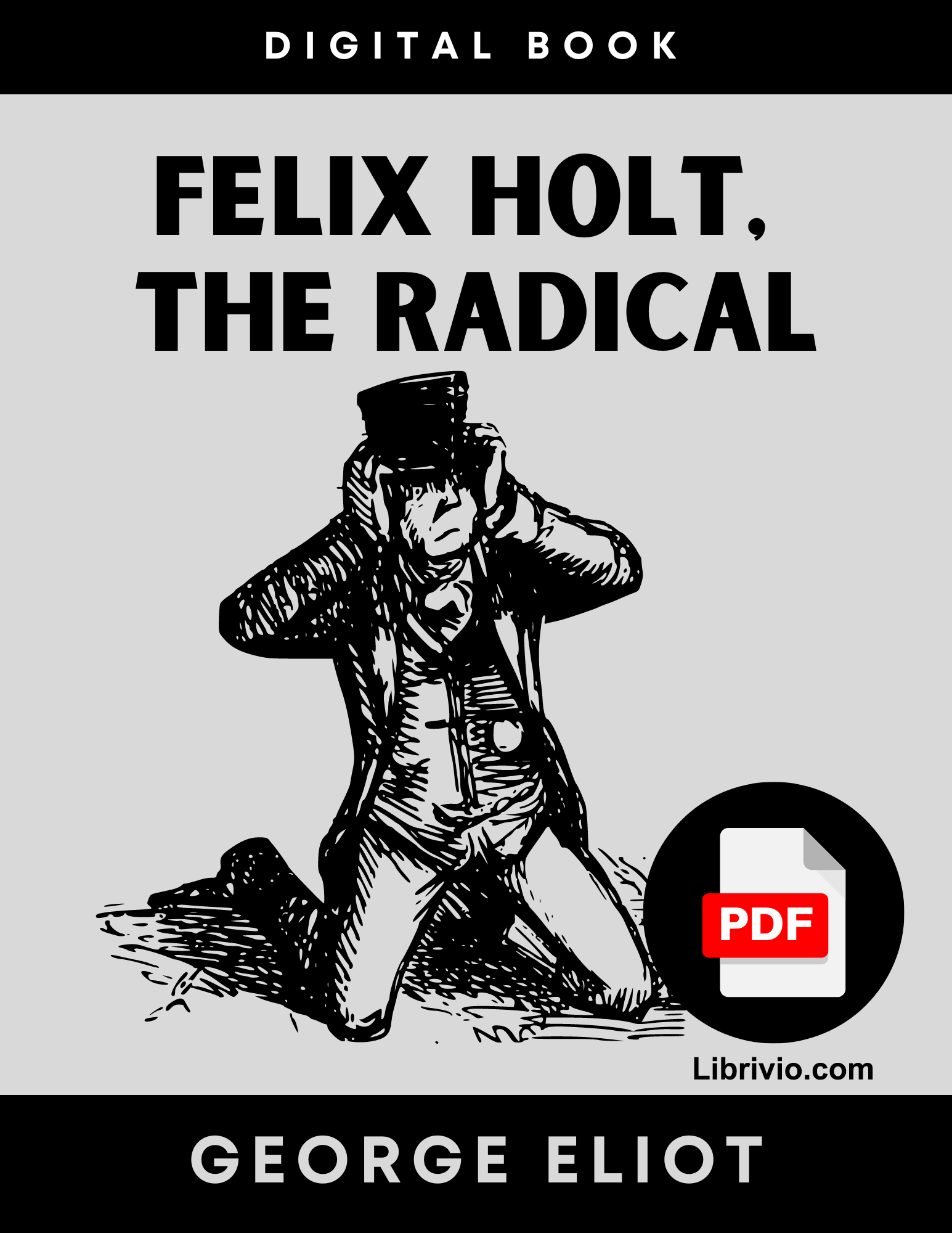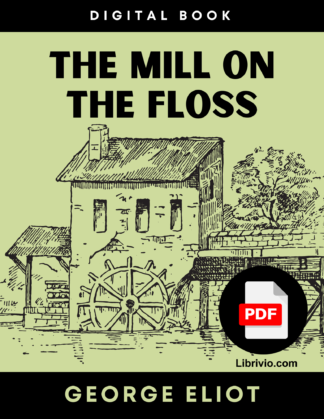Description
“Felix Holt, the Radical” is a novel by George Eliot, published in 1866. The novel is set in the English town of Treby Magna and follows the story of Felix Holt, a young radical who becomes involved in the political and social life of the town. The novel explores themes of politics, morality, and the role of the individual in society through the eyes of Felix and the other characters.
The novel is notable for its exploration of the political and social issues of the time, including the Reform Act of 1832, which aimed to expand the franchise and make the political system more democratic. Felix Holt is a young man who is passionate about political reform and is determined to make a difference in the world. He is a complex and nuanced character, whose actions are motivated by his strong sense of morality and his desire to do good.
Eliot’s writing in this novel is rich and evocative, capturing the atmosphere and social dynamics of the small English town of Treby Magna with great detail and insight. The characters are complex and nuanced, and their struggles and journeys are both moving and thought-provoking. The novel also explores the themes of politics, morality, and the role of the individual in society with great depth and nuance.
One of the novel’s strengths is its exploration of themes that were not often addressed in Victorian literature, such as political reform and social justice. The novel also explores the themes of morality and the role of the individual in society, and the characters’ journeys to find their place in the world.
Overall, “Felix Holt, the Radical” is a powerful and thought-provoking novel that offers an insightful look into the political and social issues of the time and the role of the individual in society. It’s a classic work of literature that continues to be widely read and studied today.





